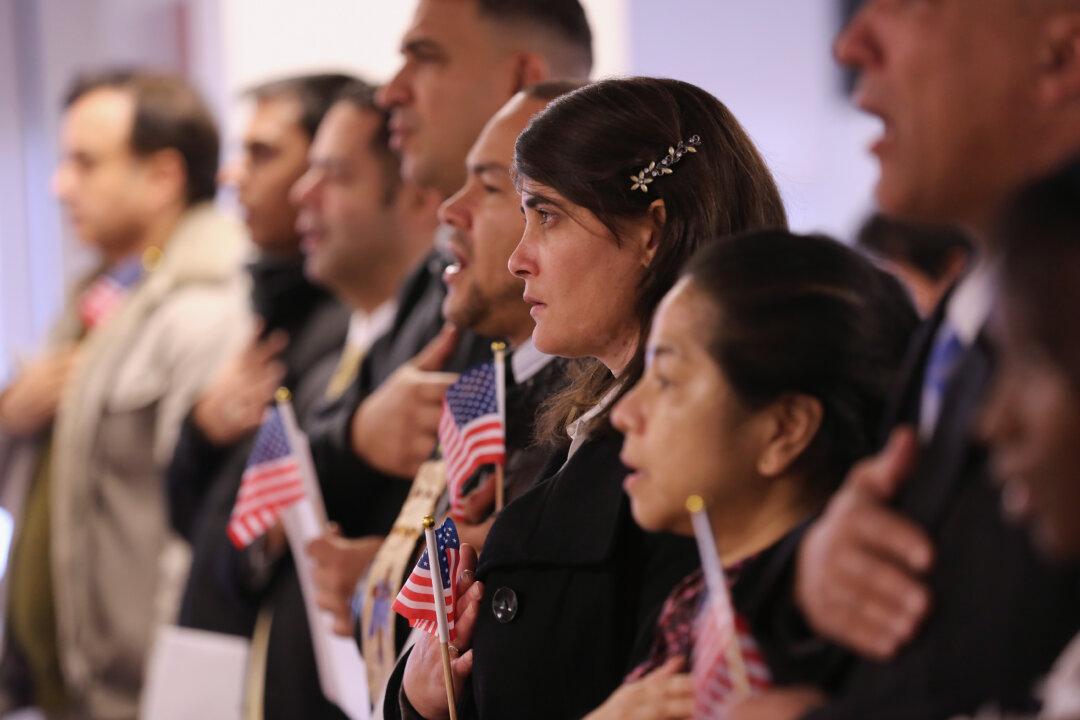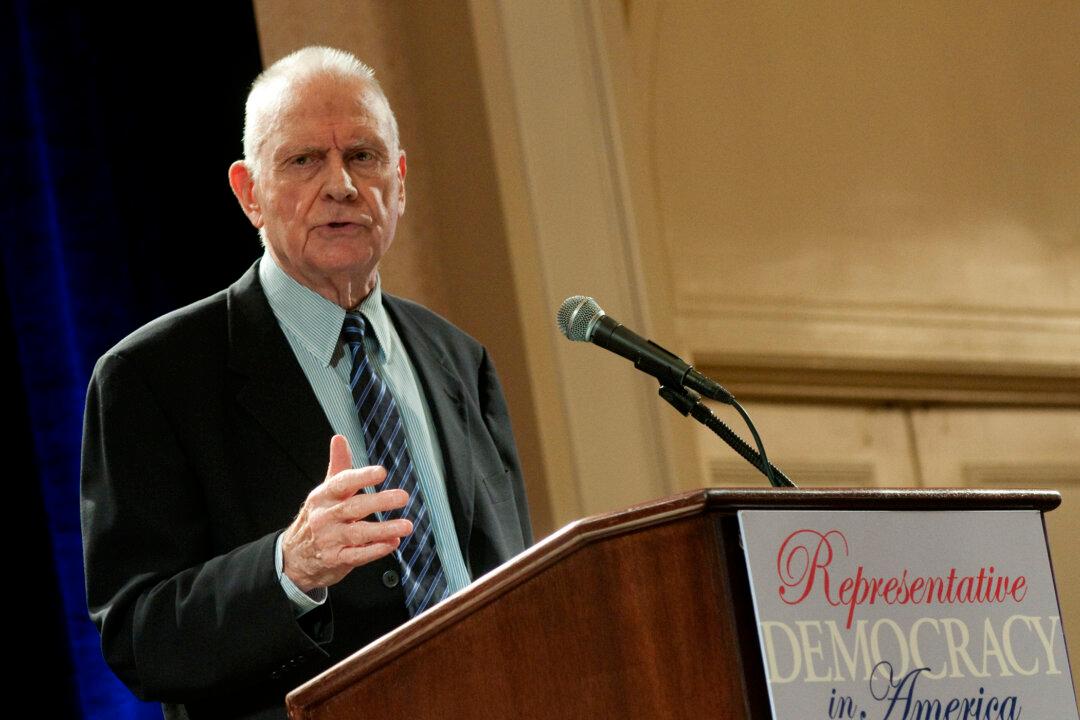It’s so easy in a presidential election year to forget that our system is not about a single person. This year especially, when the dynamics of the presidential contest have dominated news coverage so thoroughly that even the Senate and House races have largely disappeared from view, the crucial role that citizens play—apart from serving as voters in the presidential drama—isn’t even an afterthought.
Yet effective citizenship is the base on which our representative democracy rests. Our vitality as a country depends on the involvement of millions of people in their neighborhoods and communities, in interest groups and civic organizations, in groups agitating for change, and groups defending the status quo.
For representative democracy to work, we must all have the skills and temperament to address problems.




